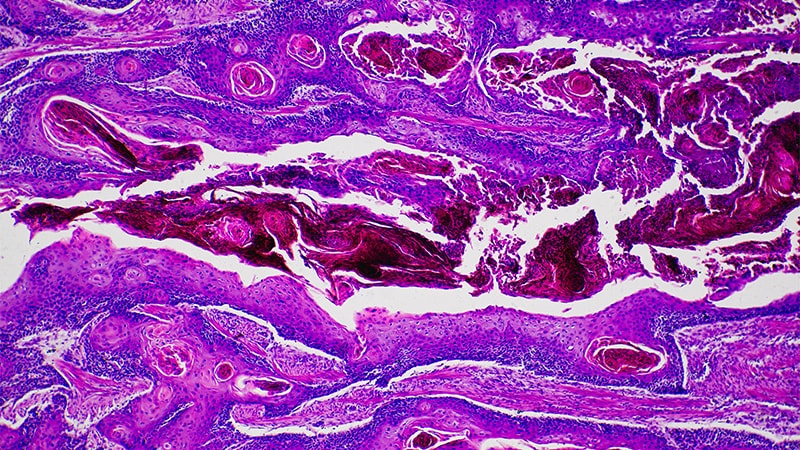New research published in PLoS One suggests that patients with moderate rheumatoid arthritis should be offered biological therapies which have been effective in treating patients with severe rheumatoid arthritis.
Researchers at the University of Manchester analysed data from 1274 patients obtained through the British Society for Rheumatology Biologics Register – Rheumatoid Arthritis. Disability scores of patients with moderate disease activity treated with conventional treatments were evaluated for three years.
The findings showed that some individuals with moderate disease who did not meet the NHS criteria for biologic treatment had very high levels of disability. Previous trials assessed by the team also indicated that the treatments for severe disease could help such patients with moderate disease activity.
The NHS currently determines the eligibility for biological therapy treatment using the disease activity score, which takes into account the counts of swollen and tender joints, inflammatory markers in blood and the patient’s assessment of their condition. Only those scoring >5.1 and unresponsive to two previous conventional therapies are currently eligible for treatment with biologics.
Dr James Gwinnutt, the lead researcher said: "Our study has shown that there is a definite mismatch between the levels of disability some patients endure and the criteria by which the NHS measures their eligibility for biological treatments. This group of patients with moderate rheumatoid arthritis should be entitled to the biological therapies other suffers get."



